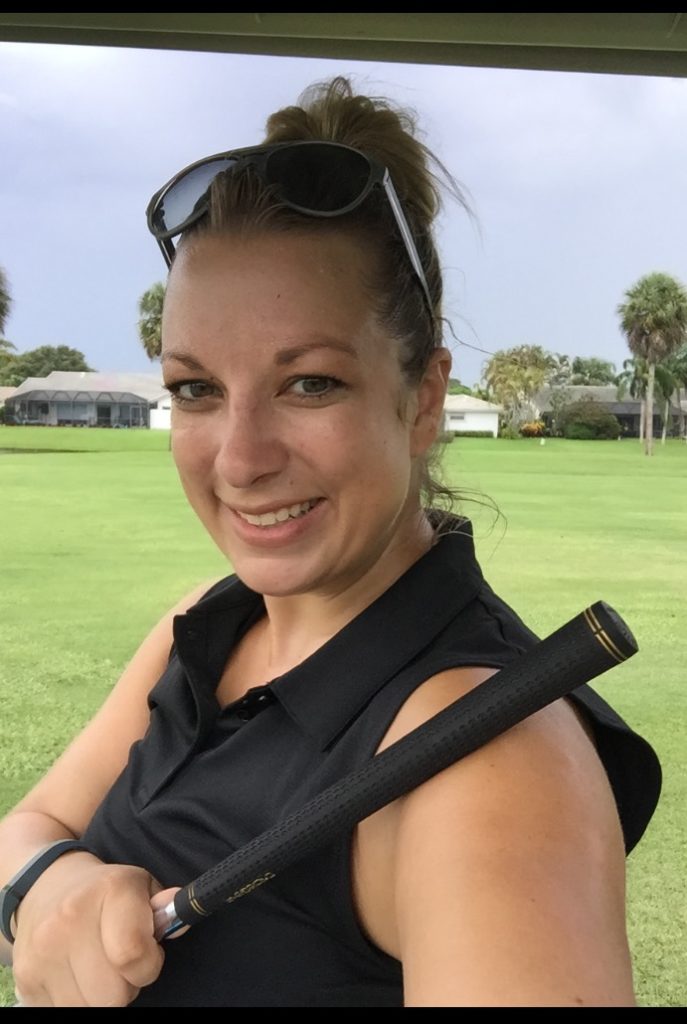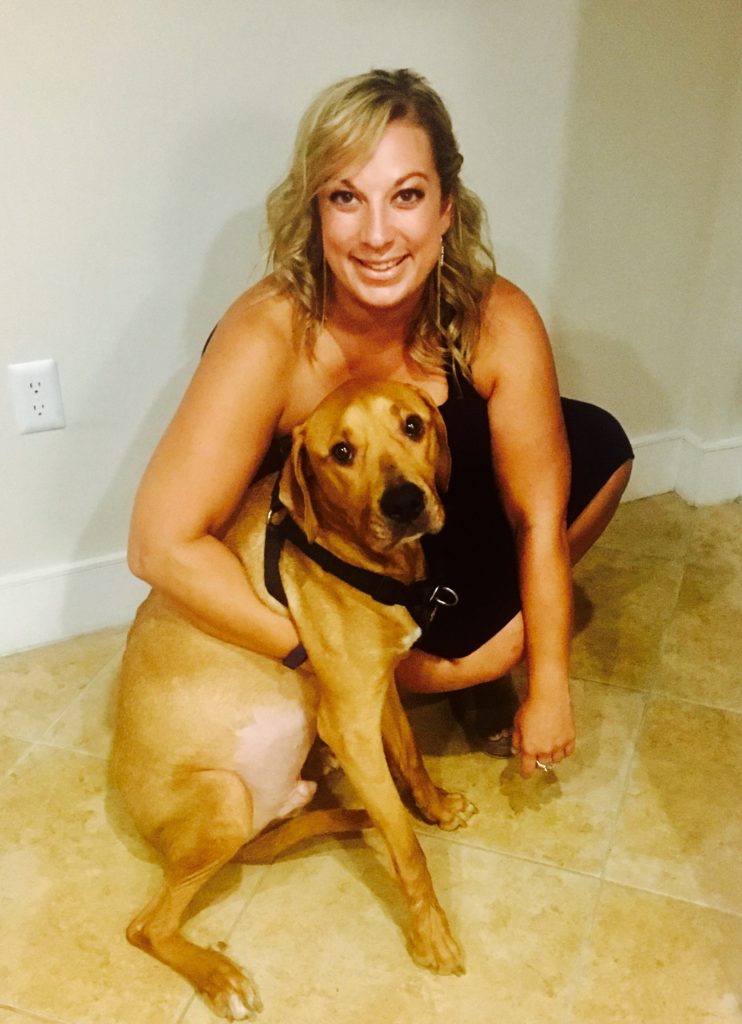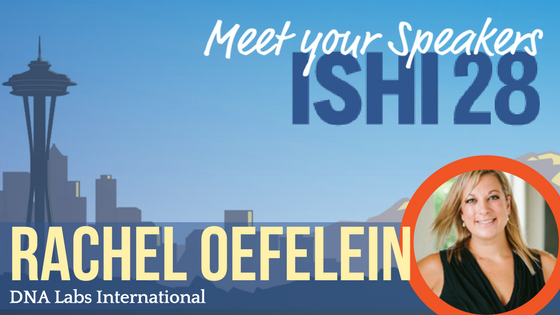The ISHI agenda is live and includes great talks from amazing speakers! While the forensic community is a tight-knit group, we can always get a little closer, right? With that in mind, we interviewed our speakers to preview their presentations and to get to know them a little better outside of their work. We’ve been posting their responses in a feature we like to call Under the Microscope.
Today, we’re chatting with Rachel Oefelein, who will be presenting We Solve Crime with a Little Help from Our Friends during the General Sessions on Thursday, October 5th.
Can you explain how it benefits a laboratory to work with another organization?
DNA Labs International prides itself on bringing on new technology all the time. However, it is not possible for one laboratory to have every imaginable test, nor would there be a need for that. That’s why it is important to have connections throughout the field so that if it is that one special case requiring species identification or a specific fingerprinting technique, we know who to call. Additionally, for the most part, different international governments don’t share DNA databases so if you have an ongoing case with an international component it may be necessary to reach out to other governments to get that unknown profile searched.
What advice would you offer to a laboratory looking to begin a cooperative effort?
Ask your own staff first, chances are someone in your laboratory already has a connection to another government or laboratory that may have the answer your case needs. Half the battle is being aware of who to contact and obtaining their contact information. Also, it is imperative to follow the chain of command and be respectful of other organizations policies when making a formal request. Many organizations already have a protocol in place for how they handle such requests, so if you formally reach out to the appropriate individual, usually they will provide you direction on the next step to take.
Can you describe a case that you were involved in that utilized such an effort?
Check out my talk at ISHI in Seattle this year! I will be highlighting a case as an example where several agencies and laboratories both domestic and abroad worked together to solve a tough case.
Do you have a couple of networking tips that you could offer to ISHI attendees?
Stick around after the talks, showcases and poster presentations; this is where some of the best discussions are started. I have been part of many a lively debate after some of the talks in the general session. Also, make yourselves available to others, you are more likely to meet new people if you venture off and join a new table at lunch or attend a workshop in a topic area that you weren’t previously familiar with. If all else fails just come find me, I am pretty chatty (understatement) and am always happy to introduce people. I’ll be at our vendor booth in the vendor area, on stage presenting, at a workshop and milling about peppering people with questions on their talks, so chances are you’ll see me somewhere.
What do you feel is the biggest challenge that forensics laboratories are facing today?
Budgets and red tape! Solving crime would be much easier if every lab had an indispensable budget. Further complicating the matter is that because funding is so precious, the time it takes to get funding approval can also be of detriment to the speed in which a case is processed.

What do you think are likely to be the most exciting developments for the industry over the next couple of years?
Capillary electrophoresis (CE) and short tandem repeats (STR) analysis has been the go to for the industry for years now. I don’t envision STR analysis disappearing any time soon but I do think we are going to see significant advancement in other methodologies available; from CE instruments available to laboratories to new DNA targets, like Single Nucleotide Polymorphisms (SNP) and Retrotransposable Insertion Polymorphisms (RIP), to massively parallel sequencing… the list of what’s coming just around the corner is long! I’m excited to see which technologies take hold among the industry.
What tips would you give to someone who is just starting out in the forensics field, or what’s the best advise you’ve ever received?
Get an internship! It is much easier to get hired if you have an internship going into the job market. Also, get experience in a laboratory, your first job doesn’t have to be your dream location but if you get experience in a laboratory and get your feet wet in forensics it will make your career options expand in the future.
How did you become interested in forensics?
Really since a kid I have been into science and mystery but I took a basic introductory forensics course at Loyola University in New Orleans and fell in love. I haven’t looked back since!

When you’re not at work, what do you most enjoy doing?
Traveling, movies, golf, yoga, hanging out with my pets and loved ones and being in the water. I am happy to sit in a pool in the sun for 8 hours until I resemble a raisin.
For those who are on the fence about registering for the upcoming ISHI, please share your thoughts and reasons why they should attend.
Last year was my first ISHI and I was BLOWN away, such a great conference, especially if you are in the field of forensic DNA. There is a very large attendance to this conference so you will meet colleagues from all over the country and the world! Beyond all the knowledge you will gain, the people you will meet networking and the great talks you will hear, ISHI is just fun! The Pub Quiz is a blast, the ISHI app is great for fun games throughout the week and planning your schedule, overall it is just a good time.
WOULD YOU LIKE TO SEE MORE ARTICLES LIKE THIS? SUBSCRIBE TO THE ISHI BLOG BELOW!


